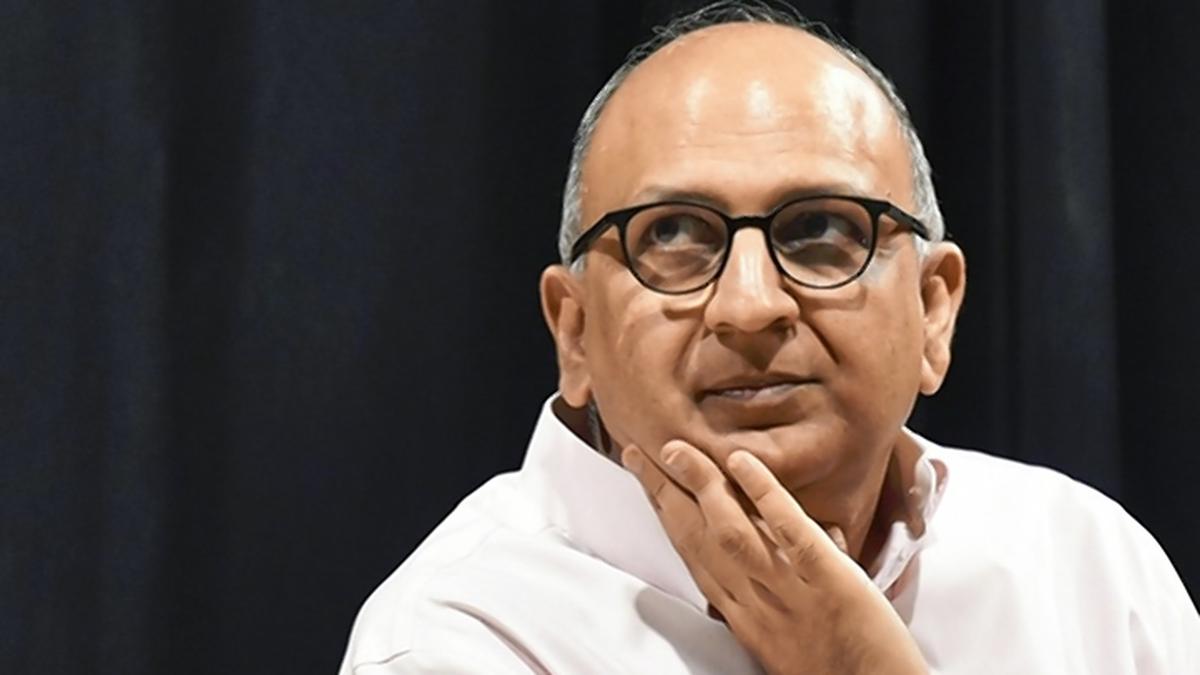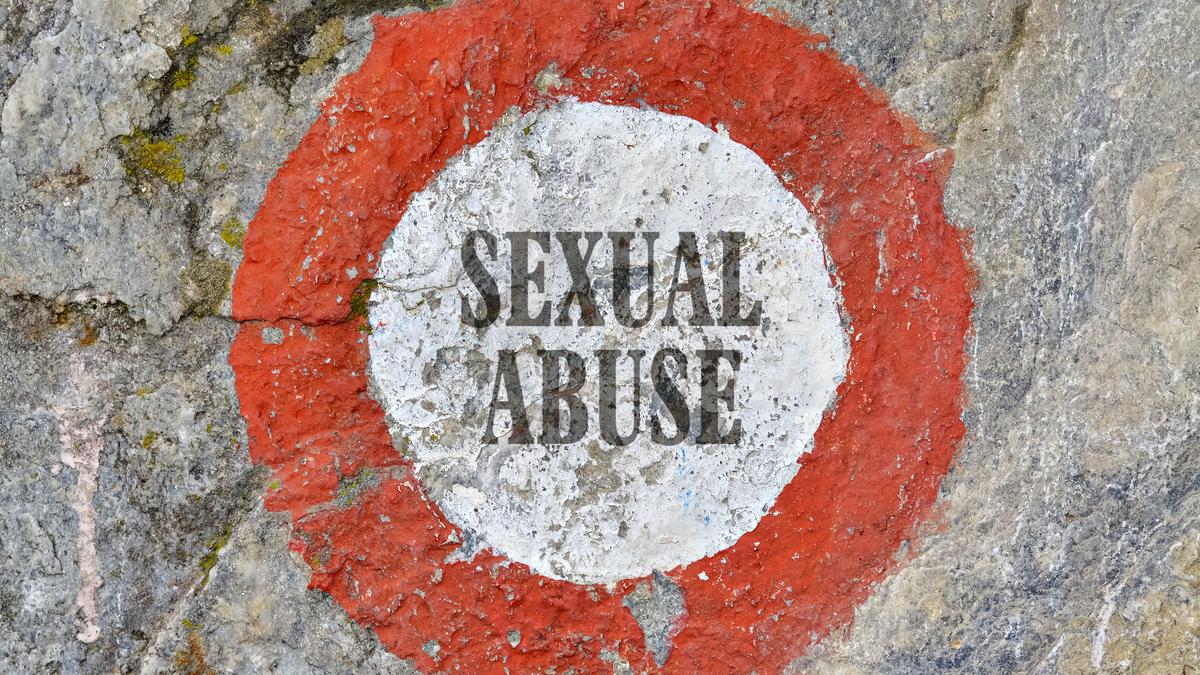The Constitution (One Hundred and Thirtieth Amendment) Bill, referred to the Joint Parliamentary Committee, is the Central government’s response to political corruption and a move to ensure Ministers, including Prime Ministers and Chief Ministers, do not run governments from jail. The Bill primarily banks on the power of arrest and even runs the risk of politicising the power.
The Opposition has termed the Bill “unconstitutional” with an ability to bring elected governments down.
The Bill proposes that Ministers arrested for serious offences punishable with imprisonment of five years and above, and incarcerated as undertrials for 30 days, would lose office either by default on the 31st day or on the order of the President/Governor.

The Bill employs the statutory power of arrest to detain Constitutional authorities such as the Prime Minister or a Chief Minister. The text of the Bill uses the phrase “arrested and detained in custody” but does not specify by whom. It also does not pinpoint the exact laws under which these arrests would be made and merely says “under any law for the time being in force”.
Supreme Court judgments have cautioned lawmakers against incentivising arrest. Recent years have witnessed summons, arrests and detentions of a sitting Chief Minister and State Ministers, especially in Opposition-ruled States. The court has held against making arrest and prolonged incarceration tools of harassment and a punishment in itself.
“Arrest brings humiliation, curtails freedom and casts scars forever. Lawmakers know it, so also the police,” the court had observed in Arnesh Kumar versus State of Bihar.
Kejriwal’s bail
Granting bail to then Delhi Chief Minister Arvind Kejriwal in a CBI case registered in the liquor policy ‘scam’, Supreme Court judge, Justice Ujjal Bhuyan, in a separate opinion, observed that the “power to arrest is one thing but the need to arrest is altogether a different thing. Just because an investigating agency has the power to arrest, it does not necessarily mean that it should arrest such a person”.
Arrest cannot be made casually, the court has intoned time and again. In Joginder Kumar Vs. State of Uttar Pradesh, the court observed that “no arrest can be made just because it is lawful for police officers to do so… The existence of the power of arrest is one thing but justification for the exercise of it is quite another”. Denying a person of his liberty is a serious matter.
In Arnab Ranjan Goswami versus Union of India, the Supreme Court had observed the need to balance the requirement for the proper enforcement of criminal law on the one end and the need to ensure that the law did not become a ruse for targeted harassment on the other. “Deprivation of liberty even for a single day is one day too many,” the court had emphasised.
The Bill has come at a time when the Supreme Court has been vocally critical about arrests and incarcerations under the anti-money laundering law. Two separate Benches of the Supreme Court have questioned the “poor conviction rates” reached by the Central agency, observing that “out of about 400 ECIRs you (ED) have registered less than only 10 have reached conviction”.
In July last year, the court, while granting bail to Mr. Kejriwal in an ED case, had referred to a larger Bench three questions on the “need and necessity to arrest” in terms of Section 19(1) of the Prevention of Money Laundering Act. These questions include whether the “need and necessity to arrest” would be a separate ground to challenge the arrest and the parameters courts have to consider while examining the issue of “need and necessity to arrest”.



.png)
.png)
.png)
















 3 hours ago
4
3 hours ago
4







 English (US) ·
English (US) ·